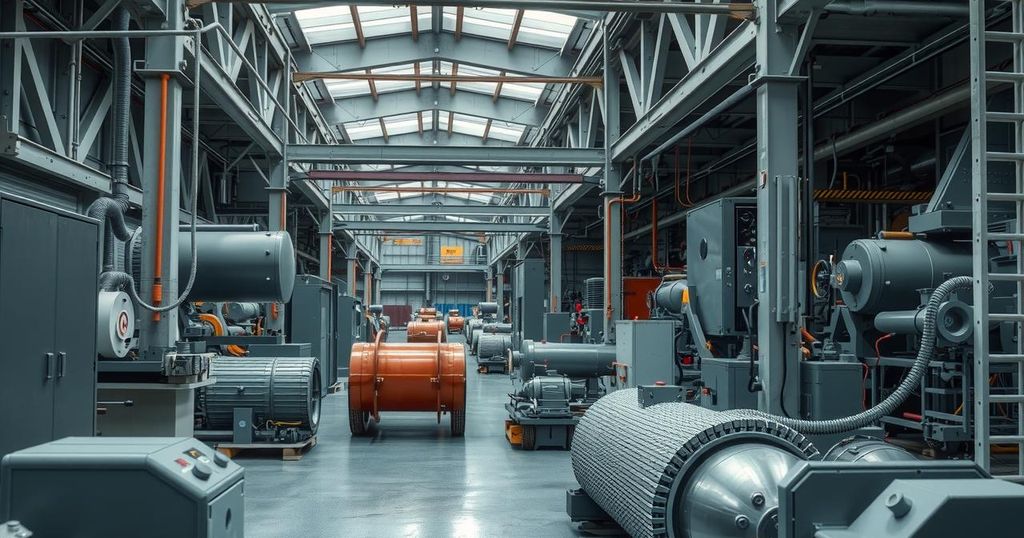Kim Jong Un Increases Ammunition Production in Support of Russia’s War Efforts

Kim Jong Un has ordered an increase in artillery shell production to support Russia in its war against Ukraine. Reports suggest deeper military ties between North Korea and Russia, including troop deployments and industrial cooperation. This escalation raises concerns for regional stability and international relations.
In a bold move, North Korean leader Kim Jong Un has ordered increased production of artillery shells to bolster Russia’s ongoing military efforts in Ukraine. This demand comes as North Korea seeks to modernize its military capabilities and significantly enhance its annual shell output. Interestingly, while making these demands, Jong Un did not openly comment on Russian President Vladimir Putin’s invasion of Ukraine.
Recent reports indicate tensions continue to rise, with South Korean and Japanese intelligence agencies accusing North Korea of preparing missile launches for Russia. Just this week, North Korea fired a series of rockets into the Sea of Japan, raising alarms across the region. This escalation in military activity coincides with a deepening alliance between Pyongyang and Moscow over the past two years.
The ties between the two nations appear to have strengthened, especially after an alleged visit by Vladimir Putin to North Korea in 2024. Reports suggest that North Korea has dispatched around 15,000 soldiers to the Russian frontline to assist in the war against Ukraine. It is estimated that nearly 5,000 of these troops have suffered casualties fighting against Ukrainian forces, indicating a significant investment in manpower on North Korea’s part.
During recent factory visits, as reported by the Korean Central News Agency (KCNA), Kim Jong Un commended modernization initiatives aiming to double shell production capabilities. He emphasized the need to boost the fighting efficiency of North Korea’s armed forces. KCNA’s silence, however, on the specifics of North Korea’s role in supporting Russia’s military actions is notable.
Pyongyang previously acknowledged sending troops to assist Russia in recapturing parts of the Kursk region, marking its first admission of involvement on the European battlefield. This re-affirmed engagement hints at further military cooperation between North Korea and Russia, which has been speculated upon by geopolitical analysts.
Furthermore, South Korea’s National Intelligence Service reported in a private briefing that North Korea has sent around 15,000 workers to Russia, hinting at a broader industrial cooperation. Although there have been no clear indications of cash payments from Russia to North Korea for these services, analysts believe that compensatory measures have been in the form of military technologies including air defence systems and drones, thereby strengthening military ties.
As both nations navigate this complex geopolitical landscape, the recent developments reflect a tightening collaboration that could reshape regional dynamics and yield far-reaching consequences for the balance of power in the area. As the situation unfolds, the international community remains watchful of the implications of this evolving interaction between North Korea and Russia.
In summary, Kim Jong Un’s call for increased artillery shell production underscores North Korea’s commitment to supporting Russia in its war against Ukraine. The deepening military ties, marked by troop deployments and industrial cooperation, may alter regional power dynamics significantly. The international ramifications of this collaboration are yet to be fully understood, but they pose serious concerns for nations in the region.
Original Source: www.express.co.uk







